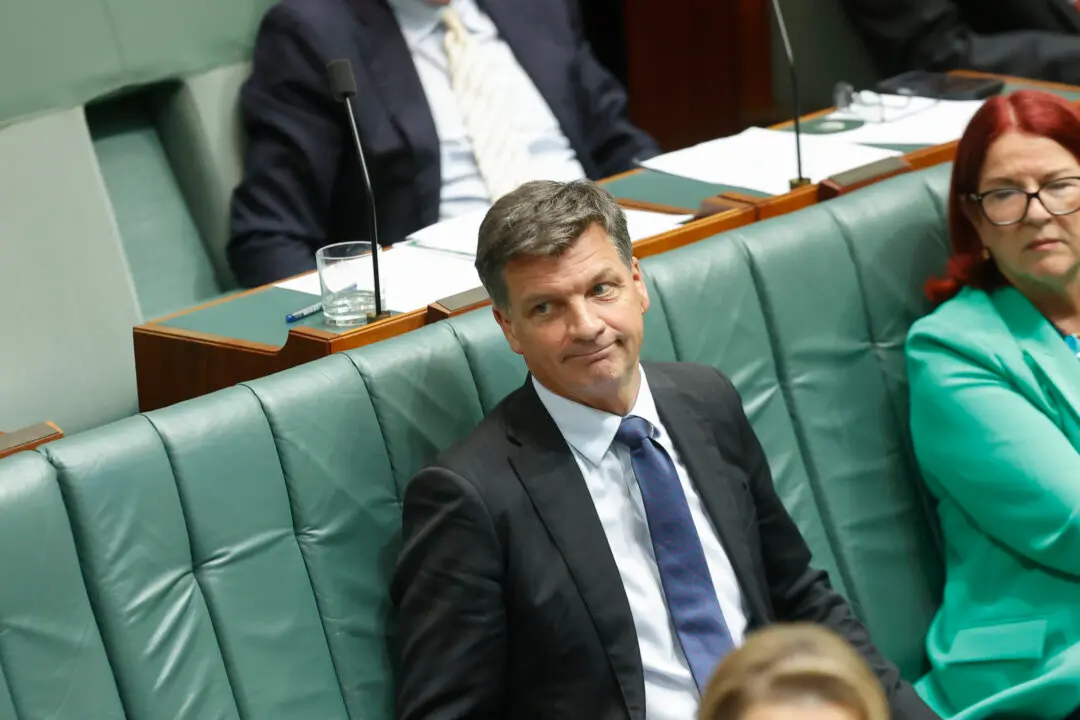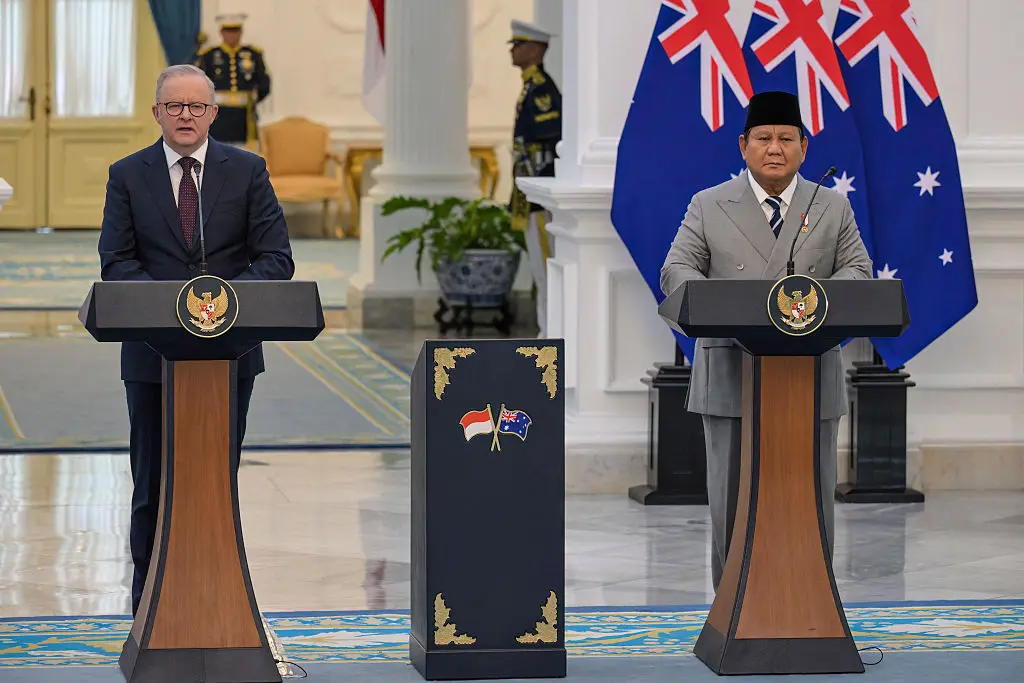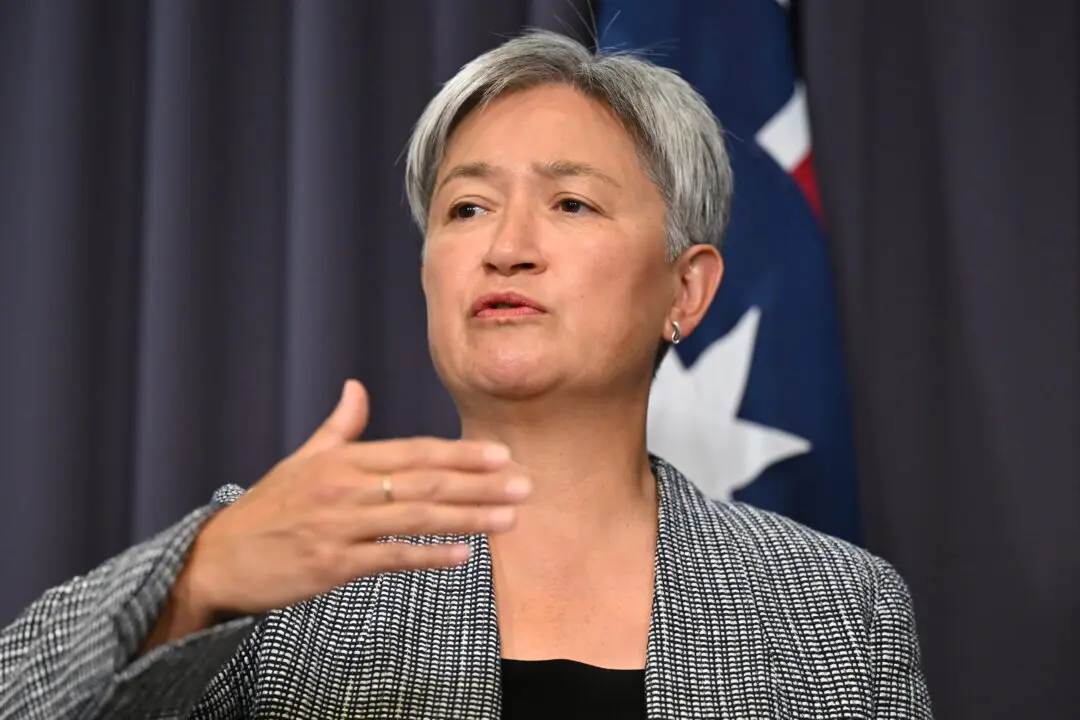Despite a drop in headline inflation and tax cut reforms, Australian household spending is yet to see a surge.
Figures from the Australian Bureau of Statistics (ABS) revealed that household expenditure remained flat in August. The data, released on Oct. 4, showed no change in household spending for the month, following consecutive declines of 0.5 percent in July, and 0.1 percent in June.





